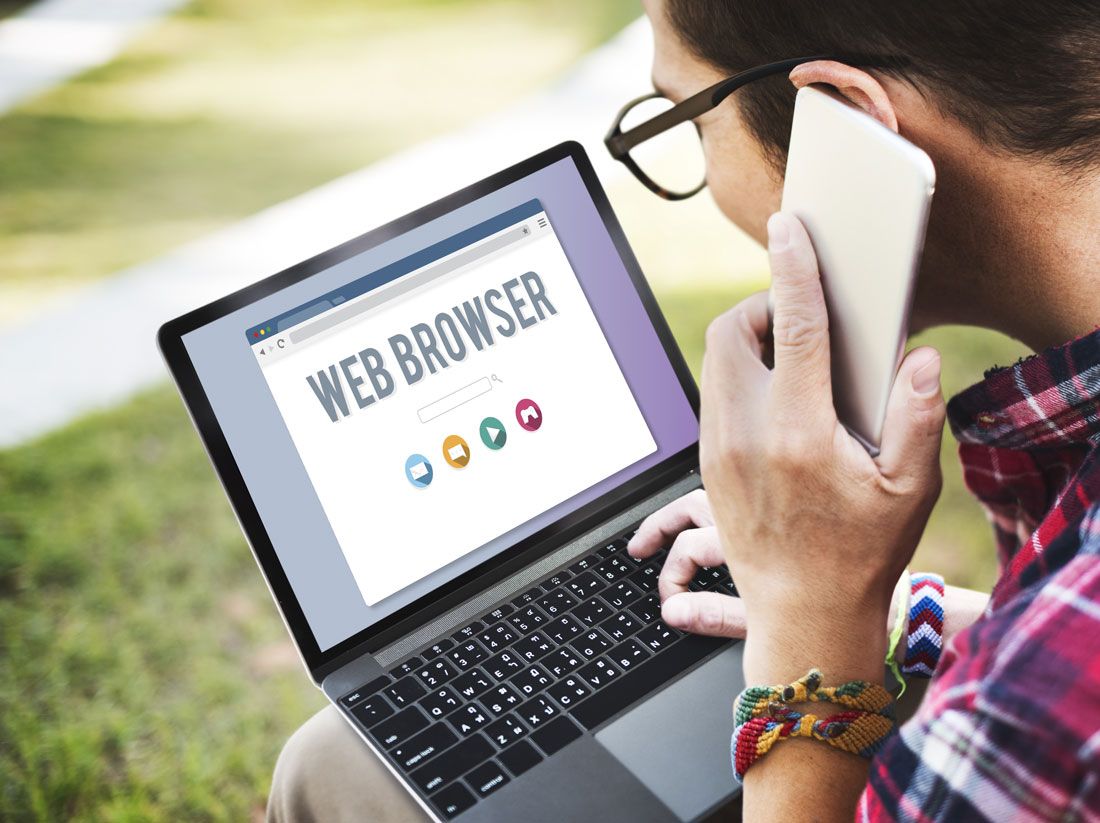What Is PhoneX.io And Why?

We get really excited in our office about new stuff all the time... Cool new Kickstarters. The latest Apple technology. Podcast Interviews with Founders of awesome companies (I highly recommend NPR's "From Scratch" series.) The new Food Truck that shows up in our office parking lot every Tuesday. It really does run the gamut.
And when we apply new ideas to our industry, Communications, we get just as excited. Sometimes they come to fruition, but most of the time they disappear into the ether, never to see the light of day. And that's ok. Not all of them have legs. Some of them would take a mountain of capital which we don't have, so naturally they get stored in the vault for another day. But every now and again we get an "Aha!" moment with one of these ideas. And we take a step back and say "Duh! Why didn't we think of this before?" And we go full steam ahead and try to bring it to life. It happened a couple weeks ago.
And that idea became what we're calling PhoneX. (A nod to not only what we do, but also the metro area that we live and play in: Phoenix, Arizona.) We drew it on the whiteboard and less than 24 hours later we had a working prototype. It still needs work, of course, but as the Book The Lean Startup (by Eric Ries) has taught us: An MVP is a great place to start. We can test the viability of the project without committing excess time and resources. We can test with customers and iterate on the project as quickly as we can get feedback.
So what is it?
Let me explain it this way: Imagine posting a Craigslist ad for an old camera you no longer use. It's filled with a thoughtful description and beautiful pictures. It's priced right. You know you're going to get a lot of responses. Do you really want to publish your cell phone number for all of the world to see? Probably not. It's not that we need to be super private people, but with identity theft, crime, etc. it's just not the best idea to publish your number willy-nilly.
Now imagine that you could place a link in that advertisement that would allow prospective punters to click it and generate a phone call to you to inquire about your camera. They wouldn't be required to enter their number, the call would take place right in their browser. You would receive that call on any device or number you've predetermined. So if that happens to be your cell phone then you'll get a call on your cell phone when they click your link. And just like that you've just sold your camera.
Or imagine a Real Estate agent who is listing your home. Right in the description of the home there's a link for perspective buyers to click to setup a showing. They click the link, the call sets up in their browser. Your agent receives the call on their cell phone.
Here's the process in 3 steps:
- Sign up for an account and setup a forwarding number.
- Get your personal link and share it with friends or publish on your site.
- Friends or potential customers click a link to call you.
So why now and why you guys?
We love helping people communicate. We've been doing it for profit as a company for almost 10 years now. But the thing is, the old fashioned network (PSTN = public switched telephone network, the world's collection of interconnected voice-oriented public telephone networks, both commercial and government-owned) that we rely on is a dinosaur. This is one step in our quest to get people to stop communicating and relying on this antiquated technology.
Remember when you used to surf the internet using Dial-up? It was slow. It was sensitive. It tied up your phone line. In 1993 my family got our first computer. Armed with a free AOL account and nothing but free time gave me access to people and places 16 year old me never dreamed. It was great, but it was slow. Sensitive. Tied up our phone line. I was in college when the Telecommunications Act of 1996 passed. It was the first time I had truly felt the impact of a Congressional act. They got a lot right with that at the time (and a lot wrong too). One of the things that they got right was the governance of broadband technology. Cable companies could now deliver an internet signal alongside the television signal they were already delivering to most homes. Game changer. We figured out a better way. That's the inspiration here. We have the technology, let's take some programming from over here, mash it up with new browser technology, mix in a little backend magic, and provide users with a service that can help them communicate better and safer.
This is a stepping stone. Not only will PhoneX improve upon its feature set, but we'll continue to build and create new communications products that help people all over the world communicate better. We already have a few in the works, so stay tuned.
